12/9 (木) 10:00 - 12:00 Zoom WebinarDec 9th [Thu] 10:00 - 12:00 Zoom Webinar
東海国立大学機構JDPシンポジウムTHERS JDP Symposium
Japanese only
ニューノーマル時代のジョイント・ディグリーJoint Degree Programs in New-Normal Era
~教育研究の国際化と地方創生~Internationalization of Education and Research & Regional Revitalization
司会:国立大学法人東海国立大学理事 杉山 誠(岐阜大学副学長(国際担当))Chair: Dr. Makoto Sugiyama, THERS Trustee, Vice President of Gifu University (General Manager and International Affairs) |
|||||||||
| 10:00 | 開会挨拶(5分)Opening Remarks (5 min.)国立大学法人東海国立大学機構機構長 松尾 清一(名古屋大学総長)Dr. Seiichi Matsuo, Chancellor, Tokai National Higher Education and Research System (President of Nagoya University) |
||||||||
|---|---|---|---|---|---|---|---|---|---|
| 10:05 | 基調講演(20分)Keynote Speech (20 min.)ニューノーマル時代の国際教育交流“Joint Degree Programs in New Normal Era”文部科学省高等教育局高等教育国際戦略プロジェクト チームリーダー 岸本 織江Ms. Orie Kishimoto, Leader, International Strategy Team, Higher Education Bureau, Ministry of Education, Culture, Sports, Science and Technology (MEXT) |
||||||||
| 10:25 | ジョイント・ディグリープログラム修了生からのメッセージMessages from JDP Graduates |
||||||||
| 10:30 | 講演(60分)Lectures (60 min.)
|
||||||||
| 11:30 | ディスカッション ~JDが進める人材育成~ (30分)“Discussions – Ideal Human Resources Pursued by JD” (30 min.)文部科学省高等教育局高等教育国際戦略プロジェクトチームリーダー 岸本 織江- Ms. Orie Kishimoto, Leader, International Strategy Team, Higher Education Bureau, Ministry of Education, Culture, Sports, Science and Technology (MEXT) 一般社団法人 中部経済連合会 国際部担当部長 川合 隆介- Mr. Ryusuke Kawai, General Manager International Affairs Division, Central Japan Economic Federation 立命館大学 安高 啓朗- Associate Professor Hiroaki Ataka, Ritsumeikan University 名古屋大学 粕谷 英樹- Professor Hideki Kasuya , Nagoya University 岐阜大学グローカル推進機構長 植松 美彦- Professor Yoshihiko Uematsu, Executive Director of GU-GLOCAL 岐阜大学工学部教授 久米 徹二- Professor Tetsuji Kume, the Faculty of Engineering, Gifu University 岐阜大学 柳瀬 笑子- Professor Emiko Yanase, Gifu University |
||||||||
| 12:00 | 閉会挨拶(5分)Closing Remarks (5 min.)国立大学法人東海国立大学機構大学総括理事・副機構長 森脇 久隆(岐阜大学長)Dr. Hisataka Moriwaki, Executive Trustee/Vice Chancellor, THERS (President of Gifu University) |
||||||||
12/9 (木) 13:30 - 16:30 Zoom WebinarDec 9th [Thu] 13:30 - 16:30 (JST) Zoom Webinar
学術セッションAcademic session
持続可能な地域開発;SDGsとその先に向けてSustainable Development of Regions; SDGs and beyond
2019年、インド工科大学グワハティ校、マレーシア国民大学および岐阜大学は「国際連携専攻(ジョイント・ディグリープログラム)」を立ち上げました。地域開発への貢献を念頭に、工学や応用生物分野での科学技術研究活動を広く網羅する国際教育プログラムとなっています。当プログラムを通じ、産業界を含む様々な地域の利害関係者の協力を得ながら、3大学協力の枠組みにより地域開発貢献を実現できるものと考えております。
私達が目指す地域開発とは、各関係団体等からのご支援いただきながら、地域間または地域内活動を通じて、革新的アイディアや技術をもって持続可能なシステムを実現させるというものです。今回のウェビナーでは、地域がそれぞれ持つ構想、地域開発計画や地域産業による環境に配慮したグリーンテクノロジーの事例などを共有し、参加者による意見交換を行います。 Indian Institute of Technology Guwahati(IITG), Universiti Kebangsaan Malaysia(UKM) and Gifu University launched a series of International Joint Degree Programs in 2019, which covered a wide range of topics in science and technologies in Engineering and Applied Biology. All programs focus on contributing to regional development, which can be achieved by international collaboration among the three institutions keeping in mind various regional stakeholders, including industrial sectors.
Our scenario for regional development mainly focuses on the realization of sustainable systems through innovative ideas and technologies through institutionally supported inter- and intra-regional activities. In this webinar, we will exchange our ideas, which will eventually contribute to acceleration of our concept of regional development, including sharing of current designs for each region, and practices of green and smart technologies by regional industries.
| 13:30 (JST) |
開催挨拶Opening Remarks植松 美彦 岐阜大学グローカル推進機構長Dr. Yoshihiko Uematsu (Executive Director of GU-GLOCAL) 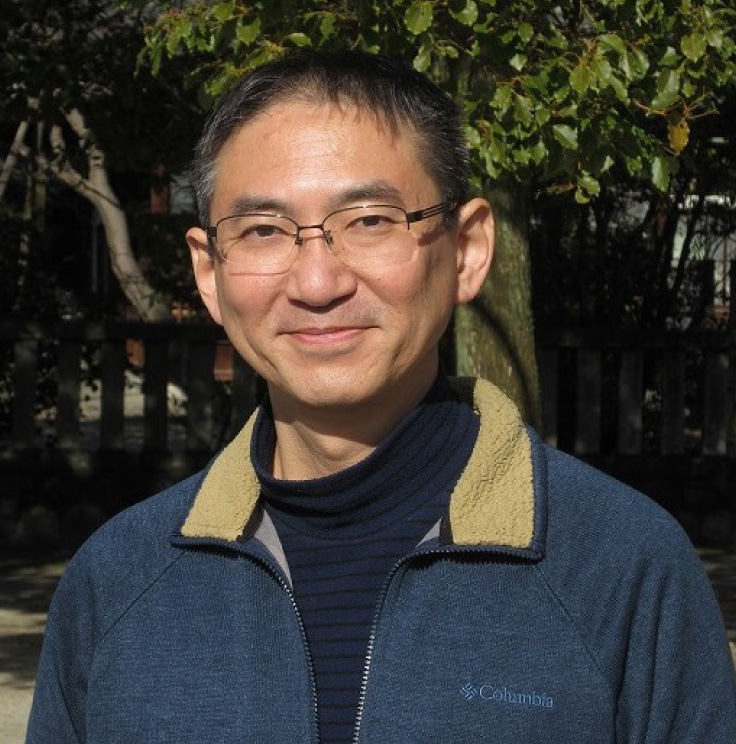 |
|---|
カーボンニュートラルに向けたバイオマス活用社会の創生Creation of Society with Biomass Energy for Carbon Neutrality
座長:鈴木 史朗(地域国際化推進部門/応用生物科学部准教授)Chair: Dr. Shiro Suzuki (Associate Professor, Faculty of Applied Biological Sciences / Glocalization Promotion Division, GU-GLOCAL) |
|
| 13:35 (JST) |
カーボンニュートラルが果たす役割:持続可能な社会の開発のためのキーコンセプト(15分)Roles of Carbon Neutrality:Key concept for development of sustainable society(15 min.)柴田 大輔 一般社団法人バイオインダストリー協会参与、岐阜大学グローカル推進機構客員教授)Dr. Daisuke Shibata (Counselor of Plant Biotechnology, Japan Bioindustry Association. GU-GLOCAL Visiting Professor) 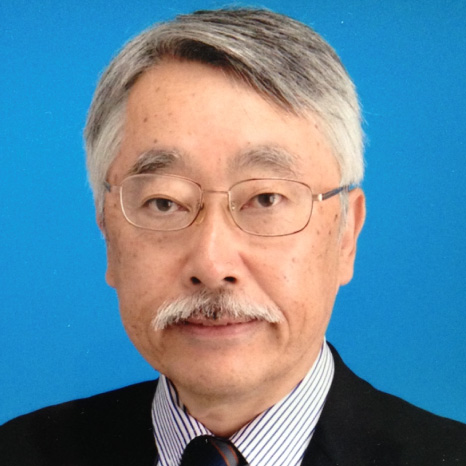 |
|---|---|
| 13:50 (JST) |
ナノテクノロジーが可能にした加食性食品包装の現状について(30分) Nanotechnological Interventions in Edible Food Packaging (30 min.)Dr. Vimal Katiyar インド工科大学グワハティ校化学工学部教授Dr. Vimal Katiyar (Professor, Department of Chemical Engineering, IITG) 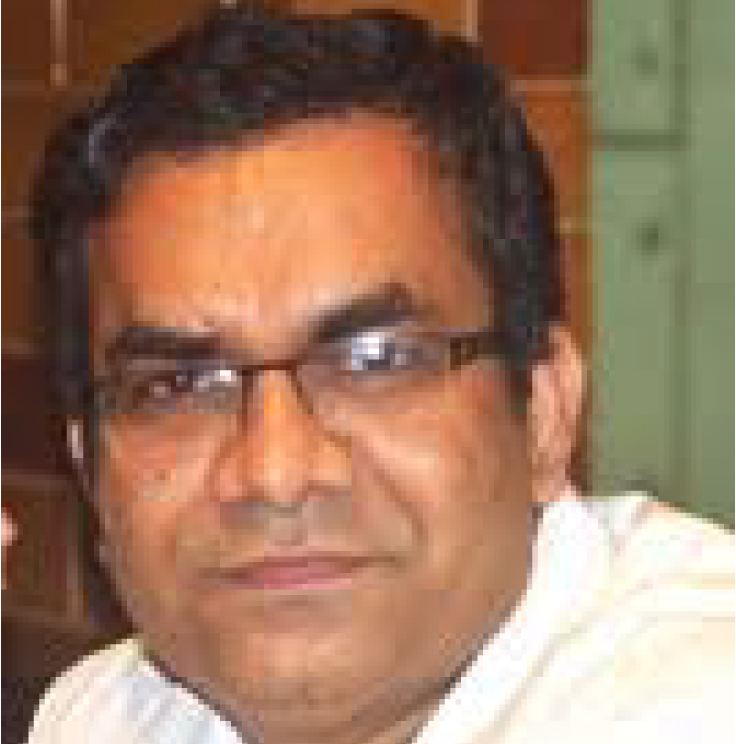
|
| 14:20 (JST) |
マレーシアにおける竹類の産業利用 (30分)Industrial Usage of Bamboo Resources in Malaysia (30 min.)Prof. Dr. Azizan Bin Ahmad マレーシア国民大学理工学部教授Prof. Dr. Azizan Bin Ahmad (Professor, School of Chemical Science and Food Technology, UKM) 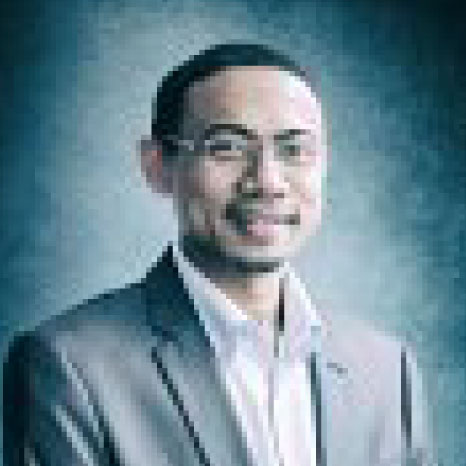
|
| 14:50 (JST) |
質疑応答Q&A Session |
カーボンニュートラルを実現するテクノロジー Technology for Carbon Neutrality
座長:リム リーワ(地域国際化推進部門/工学部教授)Chair: Dr. Lee Wah Lim (Glocalization Promotion Division / Professor, Faculty of Engineering, Gifu University)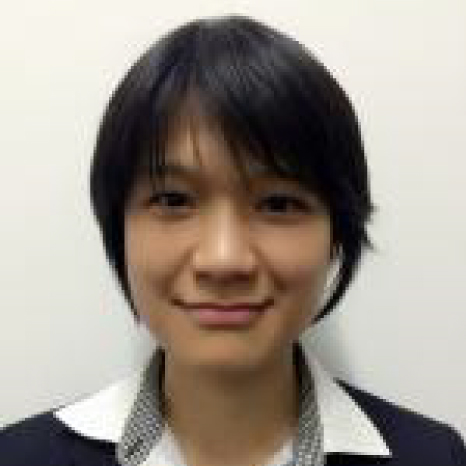 |
|
| 15:00 (JST) |
ブルーアンモニアからの水素製造(30分)Hydrogen Production from Blue Ammonia (30 min.)早川 幸男 岐阜大学工学部 助教Dr. Yukio Hayakawa (Assistant Professor, Faculty of Engineering, Gifu University) 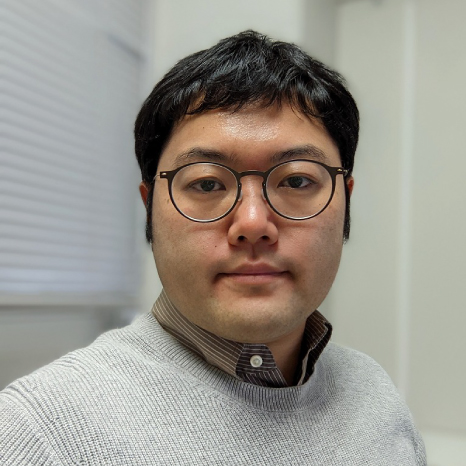
|
|---|---|
| 15:30 (JST) |
バイオマス - 先進エネルギーシステムによる持続可能なネガティブカーボンサイクル (50分)Sustainable Carbon Negative Cycle by Biomass-Advanced Energy Combination (50 min.)小西 哲之 京都大学エネルギー理工学研究所 教授Dr. Satoshi Konishi (Professor, Institute of Advanced Energy, Kyoto University) 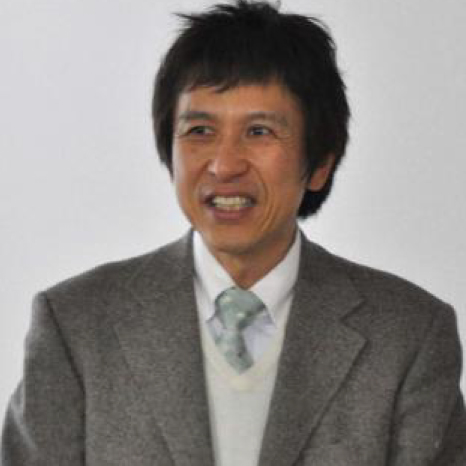
|
| 16:20 (JST) |
質疑応答Q&A Session |
| 16:30 (JST) |
閉会挨拶Closing Remarks小山 博之 岐阜大学グローカル推進機構副機構長/地域国際化推進部門長Dr. Hiroyuki Koyama (GU-GLOCAL Associate Director / Division Head, Glocalization Promotion Division) 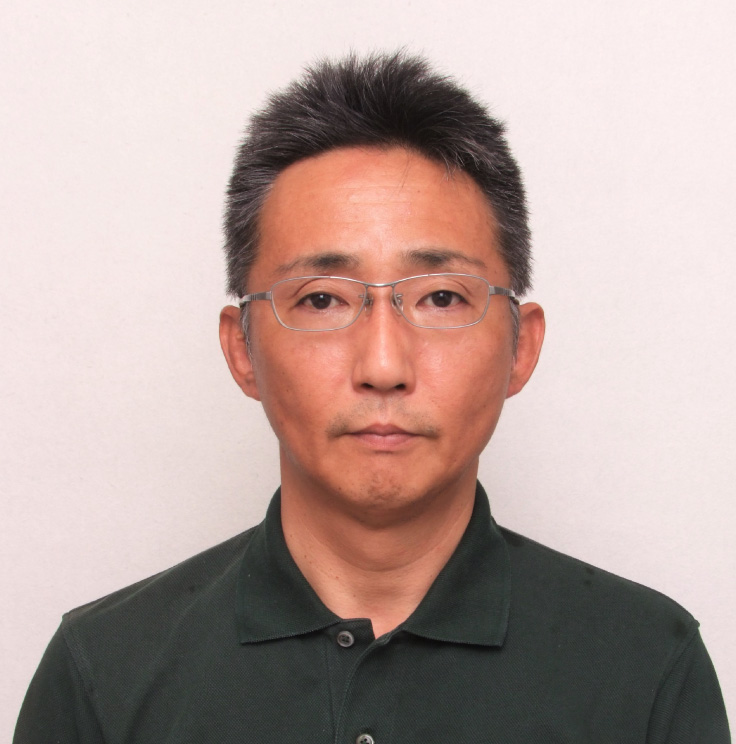 |
12/10 (金) Dec 10th [Fri]
産官学金連携セッションIndustry-Government-Academia-Banking Institution Collaboration Session
*Japanese / English(simultaneous interpretation services available)
国際連携ジョイント・ディグリーを基軸とする地方創生Regional Revitalization Driven by International Joint Degree Programs
産官学金連携セッションでは、「地域創成:東海地域とJD連携先の北東インド、マレーシアを結ぶ地域創生」を目指し、「人類及び全世界の共通課題であるSDGsとカーボンニュートラルにも資する竹資源」について産官学金による諸活動情報を紹介し、本シンポジウム参加の関係者とその情報をシェアしつつ、今後の創成具現化に向けた方向性を探索する第一歩とする。 One of the major missions of this “Industry-Government-Academia-Banking Institution Collaboration Session” is to develop discussions on how to facilitate “regional revitalization which can strongly connect Tokai Area (Japan), northeast India and Malaysia.” Presenters will introduce a number of activities implemented through collaboration between industry, government, academia and banking institutions in order to “attain the goals of SDGs, an agenda shared by all mankind in the world and best utilize bamboo resources to go carbon-neutral.” Participants will gain some insights into a great potential of regional revitalization in partnership with India and Malaysia, and our endeavors to achieve SDGs goals and reach carbon neutrality. We are expecting that this session will become a first significant step to translate our efforts into specific, unique programs/project for regional revitalization and carbon neutrality.
パネルディスカッションPanel Discussion
グローカル活動の推進を目指し、SDGs、カーボンニュートラルからのアプローチApproaches by SDGs, Carbon Neutrality for Glocalization
13:00 - 16:00 工学部111教室・Zoom Webinar13:00 - 16:00 Room No,111, Faculty of Engineering / Zoom Webinar
参加費Participation Fee
| オンライン:Online | 無料Free of charge |
|---|---|
| 対面:Offline | 企業の方(1万円)※ただし、登壇者は無料10,000 JPY for company representatives *No charge for speakers. |
| 企業以外の方(学生、東海国立大学機構職員等大学関係者、行政機関及び財団・社団法人・商工会等団体職員)無料Other participants (students, staff of THERS, government organizations, incorporated bodies, chamber of commerce and industry, etc.): Free of charge |
| 13:00 | 挨拶(5分)Opening Remarks (5 min.)岐阜大学グローカル推進機構長 植松 美彦Professor Yoshikiko Uematsu, Executive Director of GU-GLOCAL 森脇 久隆(岐阜大学長)Dr. Hisataka Moriwaki, President of Gifu University インド工科大学IITG マレーシア国民大学UKM |
|---|---|
| 13:15 | 第一セッション:SDGs対応の紹介(発表質疑応答含め各約10分)First Session: SDGs Case Study (10 min. per presenter)コーディネーター 三輪 真一 (グローカル推進機構 特任教授)Coordinator: Specially Appointed Professor Shinichi Miwa of GU-GLOCALアピ(株)、(株)UNIGEN、トヨタテクニカルディベロップメント(株)、北東インド商工会、 JETROニューデリー、岐阜大学、マレーシア国民大学、(一財)ファインセラミックスセンター、(株)十六銀行Api Co., Ltd., UNIGEN Co., Ltd., Toyota Technical Development Corporation, Federation of Industry & Commerce of North Eastern Region (FINER), JETRO New Delhi, Gifu University, UKM, Japan Fine Ceramics Center, The Juroku Bank, Ltd. |
| 14:40 | 休憩(10分)Break (10 min.) |
| 14:50 | 第二セッション:インド竹資源利用(約70分)Second Session: Utilization of Bamboo Resources in India(70 min.)コーディネーター 柴田 大輔 (グローカル推進機構 客員教授)Coordinator: Visiting Professor Daisuke Shibata of GU-GLOCALタケックス(株)、北東インド商工会、在インド日本国大使館、JICA本部、岐阜大学、インド工科大学、(株)ロングターム・インダストリアル・ディベロップメントTakex Labo Co., Ltd., FINER, Embassy of Japan in India, JICA, Gifu University, IITG, Long Term Industrial Development Co., Ltd. |
| 16:00 | 総括(5分)Session Review (5 min.)グローカル推進機構地域国際化推進部門長 小山 博之Dr. Hiroyuki Koyama, Division Head, Division Glocalization Promotion Division, GU-GLOCAL |
ブース展示Booth Exhibition
一般展示及び東海地域の文化・伝統展示として25ブースを予定25 booths for general exhibition, exhibition of culture and tradition of Tokai Area will open to the public.
参加費User's fee
1ブース5万円(ただし、文化・伝統展示等ご招待分は無料)50,000JPY per booth (No charge for invitees for exhibitions of culture and tradition)
13:00 - 17:00 工学部第1会議室13:00 - 17:00 Meeting Room No.1, Faculty of Engineering
